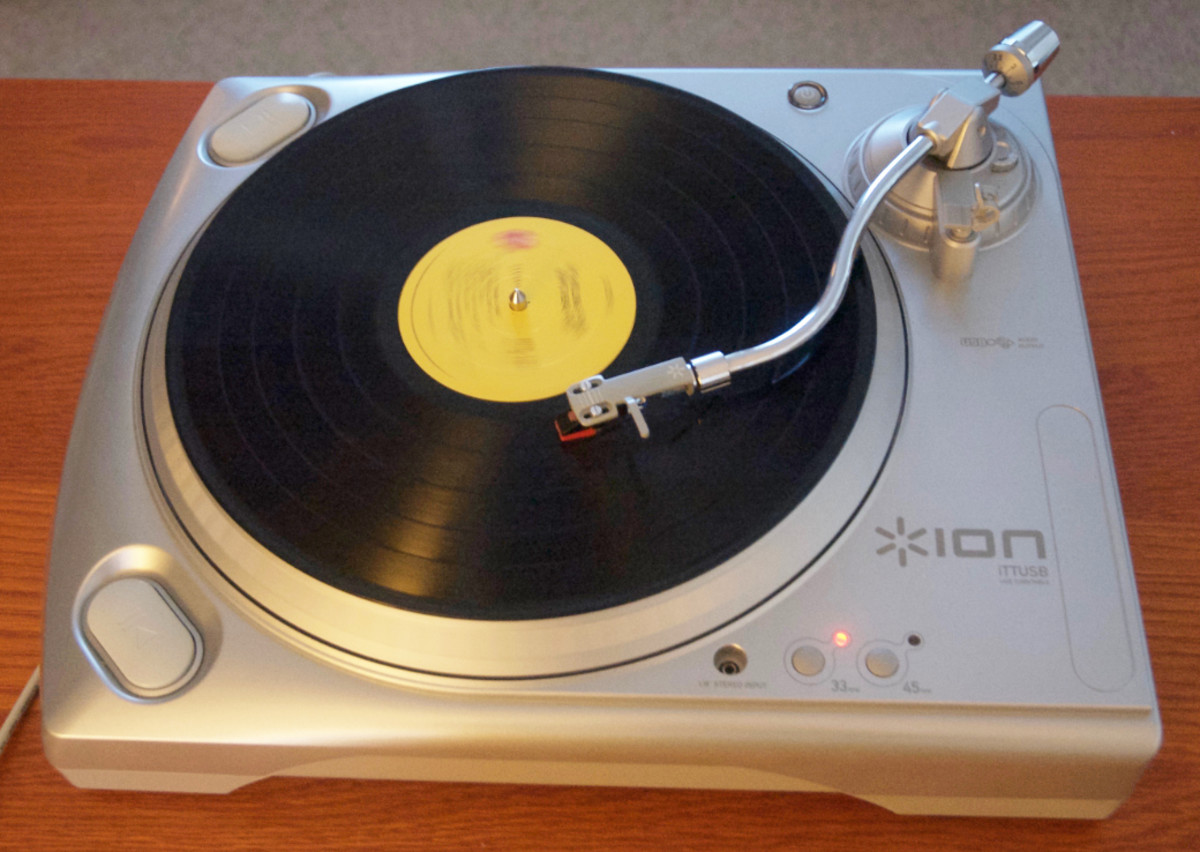Should I convert to a ROTH IRA

Converting to a ROTH
Whether or not you should convert to a ROTH IRA is like most financial questions, dependent on the circumstance. First it’s important to distinguish between the conversion and a contribution. A contribution to a ROTH is a non-deductible contribution. This is because the gains on the ROTH IRA are income tax free at distribution. Whereas a traditional IRA may be deductible against your current adjusted gross income, and yet taxed upon withdrawal. When examining a conversion to a ROTH, you are considering the possibility of taking an existing retirement account, IRA/401k etc, and paying the taxes on all or some of the funds in order to convert to a now tax free ROTH account. The contribution to a ROTH is limited based on your adjusted gross income. The phasing out of eligibility based on income differs from single filers to married couples. However a conversion to a ROTH no longer has an income limitation associated with eligibility.
The answer as to whether or not to convert to a ROTH is most often…No…but not always. The reason it is usually not prudent is the impact of the withdrawal of your assets up front to meet the current tax liability must be weighed against the tax free benefit. Let’s assume that you are age 50 and have $200,000.00 in a traditional IRA. Converting the lump sum amount would likely move you even for a joint filer into a relatively high tax bracket when adding in any other income sources. If you assume a 28% rate after deductions the calculation would look something like this.
Traditional IRA earning and average return of 8% would have combined to approximately $634,000.00 by age 65.
ROTH IRA conversion would cost you at 28% a tax liability of $56,000.00
Remaining investable assets compounded at the same 8% equals approximately $457,000.00 by age 65.
The loss of the 56k up front has a future value at the same rate of return of 177k. Which is worth about $7,000.00 per year in income for a 65 year old retiree, exactly at the point at which you may now need the income, thus negating the tax free benefits. See attached on distribution expectations. http://landmarkwealth.hubpages.com/hub/The-Impact-of-Distributions-in-Volatile-Markets
Some will look at these projections and assume that they will pay the taxes from another source, which is advisable should you choose to convert. However you are still depleting a sizeable amount of working investment capital from somewhere up front.
Does this mean we should never convert to a ROTH ??? No it does not. In some cases it may make perfect sense. One clear cut example would be cases in which you have traditional 401k plan with an after tax portion that is segregated. There are still a number of retirees or soon to be retirees that have plans that were established prior to 1987. Many of these participants have a portion of their plan that was contributed to on and after tax basis. When doing a rollover of your plan after leaving your employer, you can convert the after tax portion directly to a ROTH with ZERO income tax liability since it was already taxed. However, if you roll the entire plan into a traditional IRA and comingle the funds, you will not be able to do this so easily. It is never a good idea to comingle pre-tax and after tax dollars anyway. The conversion in that scenario is a fairly simple call.
Another common scenario of which I have seen over the years, is that of those on tax free disability pensions. If you are a retired police officer or firefighter whom was hurt in the line of duty, you are likely receiving a disability pension that is tax free. If that is the case you may have more tax deductions from things like mortgage interest and property taxes than you have in taxable income. Perhaps the combined deductions equal $20,000.00. Remember that you are not required to convert the entire balance at once. Partial conversions of cash or securities can be processed each year. That means in this scenario you have at least a 20k cushion to convert each year with once again a ZERO tax liability. After several years you may find that you’ve converted the entire balance to a tax free account.
There are several other possible scenarios where this type of a conversion makes sense. For example a young person whom is in an extremely low tax rate and will pay no taxes anyway because their account balance is too small. Generally in cases where it makes sense to convert to a ROTH, it rarely makes sense to convert a sizeable balance at one time. It is usually a good idea to work with your CPA and financial planner towards the end of the year to run a mock tax return and get a better idea of just how much can be converted without creating a substantial tax liability. If this is not done carefully you can trigger numerous problems. Among them is potentially triggering an Alternative Minimum Tax (AMT) liability from the increased income.
Another important consideration is when you need the funds. If you’re assuming the tax liability up front and you are willing to do that, you should make sure that you will not need the proceeds anytime soon. Because of the amount of tax liability you may incur, it tends to make more sense when you can justify growing the funds for a longer period of time. Clients whom have no real need for their IRA have a stronger argument for a conversion. They have a mandatory IRA withdrawal on a traditional IRA once they turn age 70 ½. With the ROTH that is waived allowing you to grow the asset not only tax free, but undisturbed for a much longer period of time. Possibly…for a larger inheritance to your heirs. Yet, if you converted at age 60 and needed the proceeds from the account to fund your retirement by age 65-70, it likely would not work out favorably for you.
Most importantly, you need to address this on a year by year basis. You may be in a position that a conversion makes sense this year, but next year your tax status changes and it is no longer advisable. Don’t rush to convert solely on the basis of assumed higher tax rates in the future. Many feel rates will go up, and may be correct. But the tax code is complex and may not necessarily be higher for you. It may also increase and be yet again reduced. There are no absolutes in financial planning. Each circumstance must be evaluated on its own merits.
Suggested Reading
- Understanding the Estate Tax
The Estate tax at both the Federal and State level is fairly complex topic. For the sake of this discussion, I will take a look at some fairly basic aspects that all Americans who have saved for retirement should be aware of to some extent. First... - How To Handle Your Pension Options
Over the years one common choice I have seen clients faced with is whether or not to opt for a lump sum pension benefit when it is offered to them at retirement versus accepting the monthly annuity payment from the company. Let me first start by... - Should I Buy an Annuity...What You Need To Know
What is an annuity ??? Annuities can generally be summarized as two basic types of insurance contracts. They are either immediate or deferred annuities. Over the years these two types of contracts have been expanded to encompass many different... - What should your Financial Advisor ask you ???
Often we read articles & commentary about what to ask your financial advisor. But what should your financial advisor be asking you. Often times that alone can tell you whether or not you are engaged in a financial advisory relationship that is in - What Type Of Life Insurance Should You Buy ??? What...
What type of insurance in most suitable ??? The question of what type of life insurance is most suitable, typically has to do with factors pertaining to an individuals net worth. The first thing one should keep in mind in all forms of insurance is... - How To Handle Your Pension Options
Over the years one common choice I have seen clients faced with is whether or not to opt for a lump sum pension benefit when it is offered to them at retirement versus accepting the monthly annuity payment from the company. Let me first start by... - Should I Buy an Annuity...What You Need To Know
What is an annuity ??? Annuities can generally be summarized as two basic types of insurance contracts. They are either immediate or deferred annuities. Over the years these two types of contracts have been expanded to encompass many different... - ETF's vs Closed-End Funds ???
The difference between a traditional exchange traded fund (ETF) and an actively managed closed end fund are several. However, there are certain basic features that one should understand before utilizing these solutions as investment options. The... - The Importance of Asset Allocation
When building and investment strategy we often hear the term “diversification” Yet and equally important concept is “Asset Allocation” It has been shown via numerous studies that the proper allocation can account for better than 90% of long... - The Impact of Retirement Distributions in Volatile M...
Over the last fifteen years in the financial planning field, the most commonly expressed concern I have heard from a retiree/pending retiree has been…Will I run out of money ??? When examining this question there are many variables to be concerned... - The Case for Alternative Investment Strategies
One of the lessons of 2008, and even the more recent market volatility is that portfolio management has become more dynamic. Traditional asset allocation models of equities, fixed income, and cash equivalents may not be sufficient for more growth... - Should I Pay off My Mortgage Early ???
For many Americans, the ability to pay down their mortgage sooner is simply not realistic. However in some cases it is quite possible. The Question of whether or not you should accelerate mortgage payments or use liquid cash to cover eliminate the... - What should your Financial Advisor ask you ???
Often we read articles & commentary about what to ask your financial advisor. But what should your financial advisor be asking you. Often times that alone can tell you whether or not you are engaged in a financial advisory relationship that is in - Passive vs Active Management…The Case for ETF’s
There has been an ongoing debate for decades about the benefits of actively managed mutual funds versus their passive counterparts. Those counterparts would be the exchange traded fund market (ETF’s) as well as traditional index funds. Those in... - Bonds vs Bond Funds ???
While over the years the community of investment professionals nearly universally agree that most every client should own some form and percentage of fixed income as part of their asset allocation strategy…Over the years there has been an ongoing...









